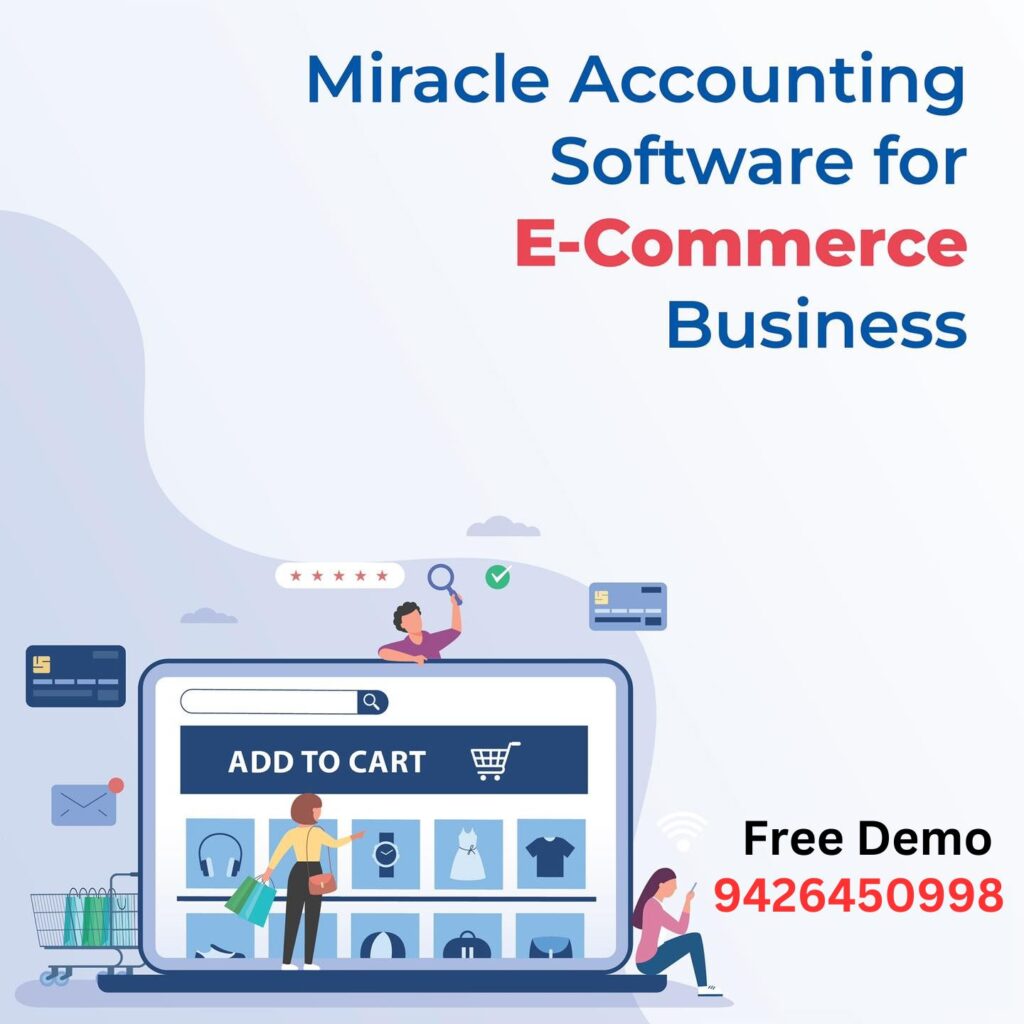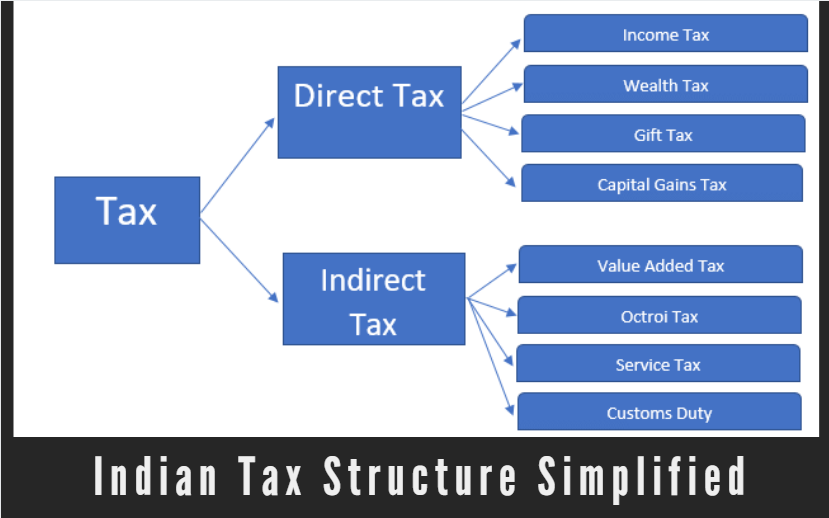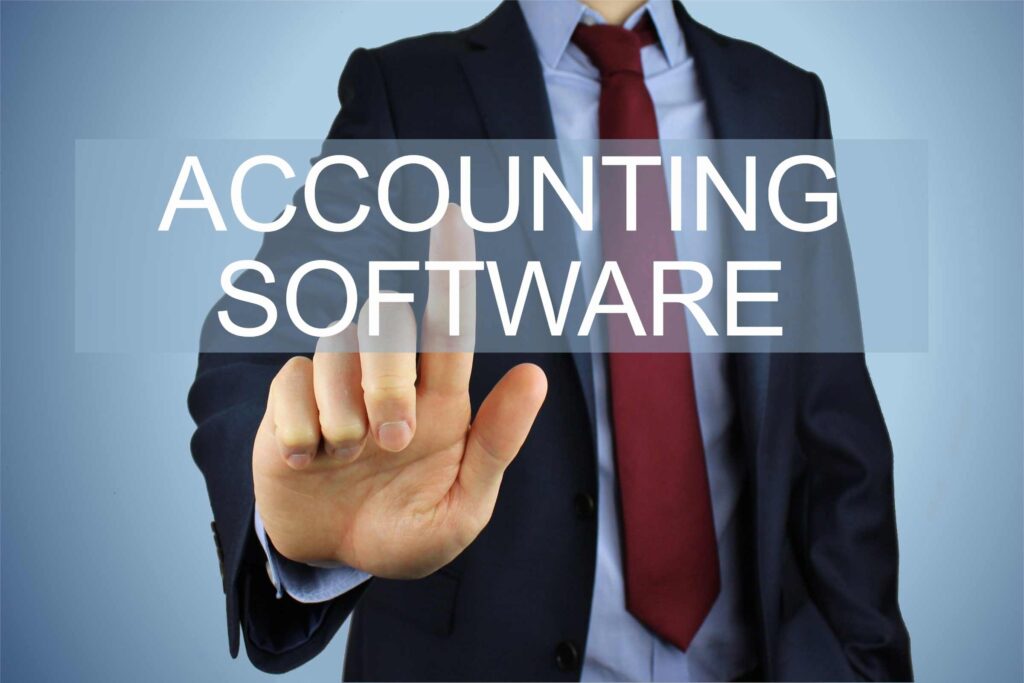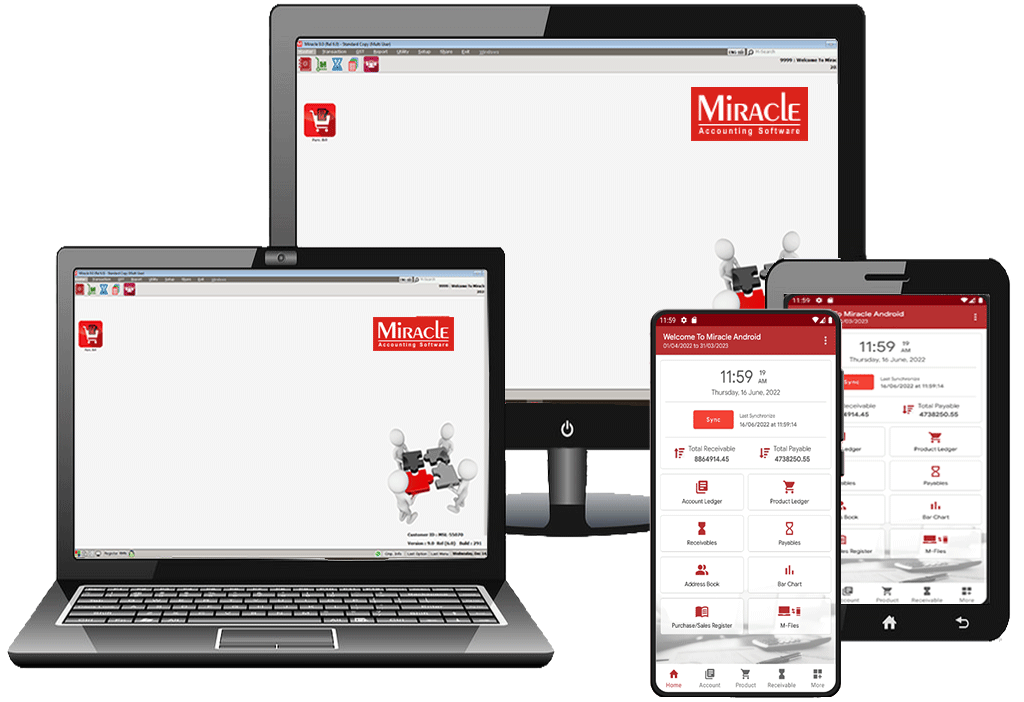Accounting software plays a crucial role in managing the financial aspects of an e-commerce business. Here are some specific requirements you should consider when choosing accounting software for your e-commerce business:
- Integration with E-Commerce Platforms: The software should integrate seamlessly with your e-commerce platform (e.g., Shopify, WooCommerce, Magento) to automatically sync sales data, orders, products, and customer information.
- Inventory Management: Effective inventory tracking is essential for e-commerce businesses. The software should offer features to track stock levels, manage variations, handle backorders, and notify when inventory is low.
- Sales Tracking: The software should track sales transactions, including order details, payment information, shipping costs, discounts, and tax calculations.
- Multi-Channel Selling: If you sell on multiple platforms (e.g., your website, Amazon, eBay), the software should be able to consolidate sales data from all channels for comprehensive financial reporting.
- Expense Tracking: Track various expenses related to your e-commerce operations, such as shipping costs, advertising expenses, packaging materials, and other overhead costs.
- Payment Integration: The software should support integration with payment gateways and processors to automatically reconcile sales transactions with payment deposits.
- Automated Invoicing: Generate and send invoices automatically to customers when orders are placed.
- Tax Calculation and Compliance: Ensure the software can calculate sales tax and VAT accurately based on the location of the customer. It should also assist in generating tax reports for compliance.
- Financial Reporting: Generate reports like profit and loss statements, balance sheets, cash flow statements, and sales reports to gain insights into your e-commerce business’s financial health.
- Integration with Shipping Providers: If you handle shipping in-house, integration with shipping providers can help automate shipping costs and tracking.
- User-Friendly Interface: The software should have an intuitive interface that allows you to navigate and access information easily.
- Security and Data Protection: Ensure the software provides data encryption and secure logins to protect sensitive customer and financial data.
- Scalability: As your e-commerce business grows, the software should accommodate increased sales volume and data.
- Customer Relationship Management (CRM): Some e-commerce accounting software includes CRM features to manage customer information and communication.
- Automation and Workflow Efficiency: Look for automation features to streamline tasks like order processing, inventory updates, and financial reporting.
- Mobile Access: Mobile apps or responsive web interfaces can help you manage your e-commerce finances on the go.
- Cost and Pricing Model: Evaluate the software’s pricing based on your budget and the value it offers to your e-commerce business.
- Customer Support: Reliable customer support is essential for addressing any issues or questions that arise while using the software.
Choosing the right accounting software for your e-commerce business can significantly improve your financial management and decision-making processes. Consider your specific needs, the complexity of your operations, and the software’s ability to meet those needs effectively.





